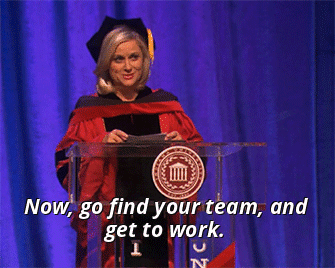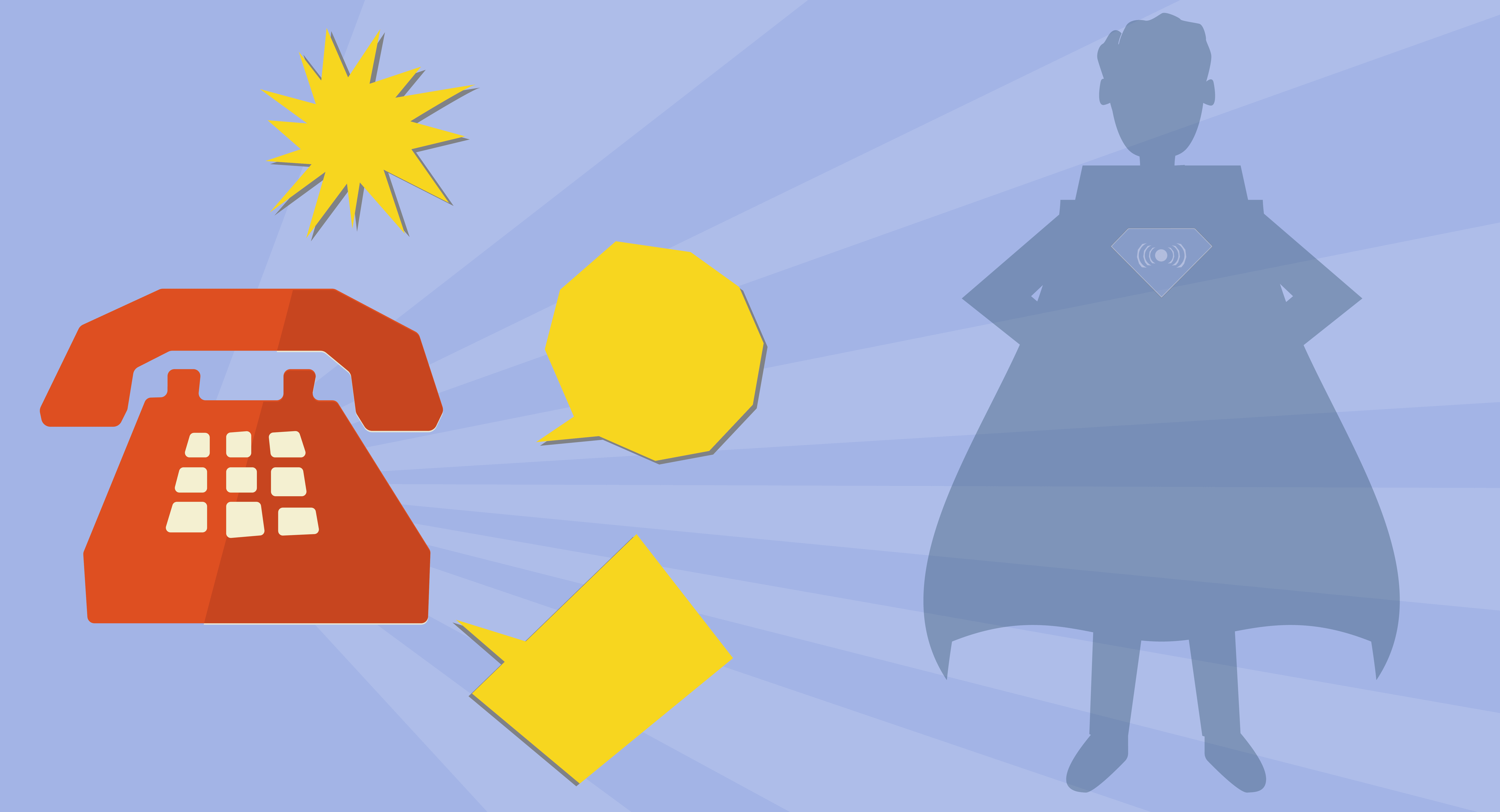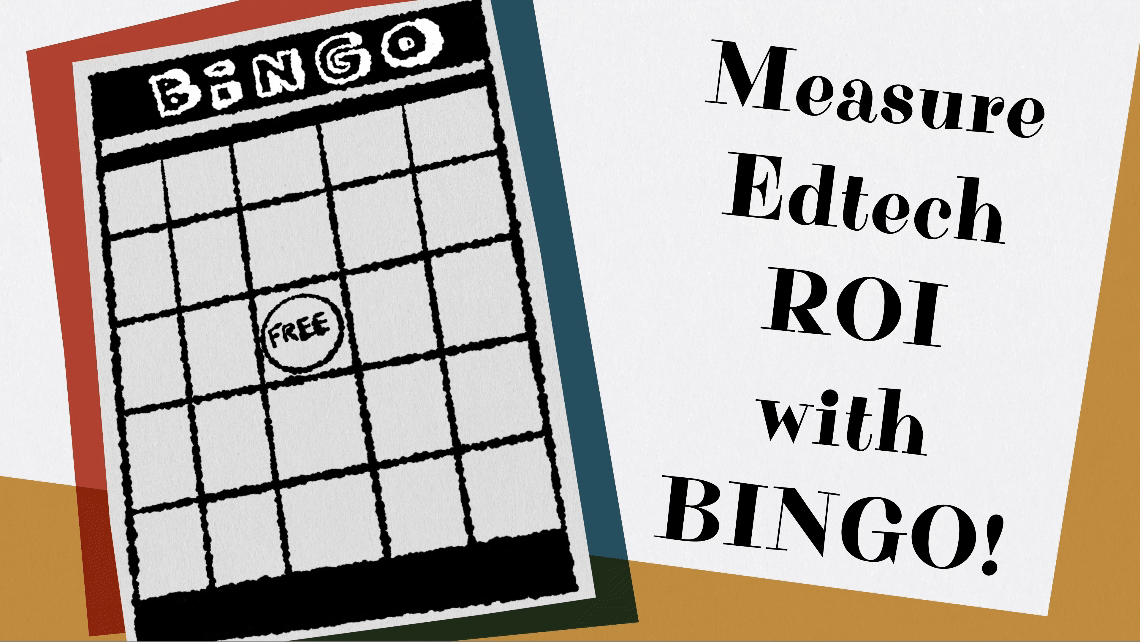
As the saying goes, we were all young once.
Today’s youth (Generation Z, born after 1996) are more racially and ethnically diverse than any other generation of Americans. They represent a vast array of experiences. Not only are they dialed into current events thanks to their upbringing in the digital space, but they’re more self-aware, better informed, and more likely to speak up than previous generations. They’re also more likely to be engaged in education.
It’s a powerful combination.
As students navigate their education, they’re also craving opportunities to make their mark on the world. What if that spirit of youthful activism was embraced, encouraged, pruned, and unleashed on the community? What can administrators and students achieve when they work together for the greater good of local families, causes, and challenges? Let’s explore.
Name it, don’t tame it
Adults are still responsible for the adolescents around them. At times they can be wary of fanning the sparks of activism, lest it burst into an uncontrollable flame of extremism. This is why it’s so important to begin by acknowledging the connection between the two without stamping out the passion.A lot of organization, education, and action begins in a digital space. Algorithms aren’t human and prefer to group like-minded folks together. It’s a crucial part of digital citizenship to learn the risks of allowing an echo chamber to take over. Regardless of any stand taken, someone will be around to object. That’s okay. Encourage students to be comfortable with dissent (not to be confused with disrespect). Respectful dissent is good, and it leads to growth. It doesn’t have to dissuade important work to improve the community. In fact, healthy progress isn’t possible without acknowledging the pros and cons to any action.
When students are passionate about causes, though, it can be difficult to encounter pushback. Help them practice listening to learn, not to form a rebuttal. Their aim must be to strengthen their own case rather than succumb to every argument.
Find and build a team
Once students are comfortable with the confident exchange of ideas, it’s time to solidify their concepts into a goal others can embrace too. There’s no reason to limit the possibilities of what student leaders can do, and as education leaders, you have just the right experience to help them.Student leadership experience is invaluable. The ability to mobilize a movement doesn’t appear overnight (although it can come more easily to some people than to others). Instead, as students learn the work it takes to make a difference in their lives and others’, it can open their eyes to the value of people working on the local level to enact lasting change.
Some leadership concepts students can study include communication with multiple audiences, recruiting, delegating, conflict resolution, and again active listening skills. These interpersonal skills, along with emotional intelligence, give students a leg up in their future job searches as well.
Other learning opportunities education leaders are uniquely poised to pass on include grant writing, producing learning materials, organizing breakout groups, and communication techniques used in teaching.
Identify and pursue opportunities for action
Now that students have a cause in mind and a team to work, it’s time to find an opportunity to serve. Often the zest for life has students fired up to change the world on a global scale. This is also the point at which media representation reaches teen activists. But change starts at home, in backyards and school grounds and communities. And local organizations need help.This is where education leaders can offer some gentle reality checks. Idealists dream of changing the world but may not know where to start. The ripples outward of investing time and service close to home quite literally do change the world, even if there’s no chyron on the evening news to accompany it.
Educators are unsung heroes. Who better to encourage the value of serving others without expecting accolades in return?

Follow-up resource: Teen spirit
If you've ever worked with teenagers, you'll want to take a look at the relationship between project-based learning and adolescent development.WHAT'S NEXT FOR YOUR EDTECH? The right combo of tools & support retains staff and serves students better. We'd love to help. Visit skyward.com/get-started to learn more.

|
Erin Werra Blogger, Researcher, and Edvocate |
Erin Werra is a content writer and strategist at Skyward’s Advancing K12 blog. Her writing about K12 edtech, data, security, social-emotional learning, and leadership has appeared in THE Journal, District Administration, eSchool News, and more. She enjoys puzzling over details to make K12 edtech info accessible for all. Outside of edtech, she’s waxing poetic about motherhood, personality traits, and self-growth.




